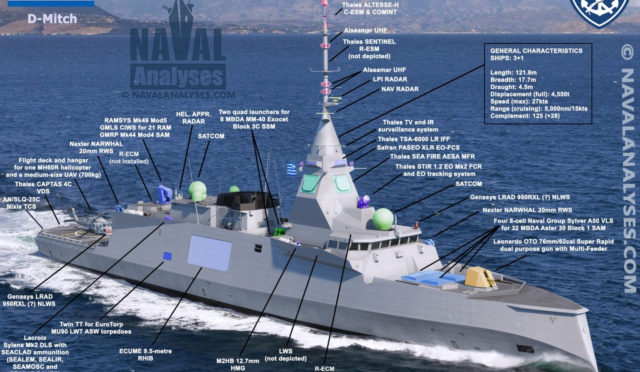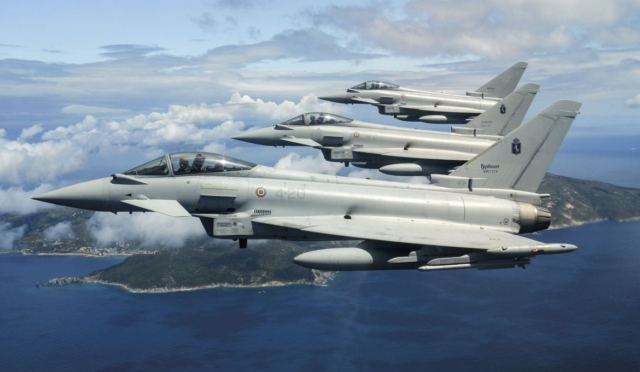Greece F-35 Training: Pilots Prepare for U.S. Program
**This summer, 14 Greek pilots and 60 technicians from the Hellenic Air Force will embark on a journey to the United States for specialized F-35 fighter jet training. With the launch of the program slated for September, preparations are underway ahead of the anticipated arrival of Greece’s first F-35 jets, expected at Andravida Air Base next decade. This proactive approach underscores the complexity and rigorous demands involved in mastering the F-35 capabilities.**
The training for these pilots will take place at Luke Air Force Base in Arizona, where they will undergo a minimum of 192 hours of simulator instruction prior to their inaugural flight. This extensive training phase is crucial, as the F-35 does not have a two-seat version, limiting hands-on experience before actual flight operations. Meanwhile, the technicians will start their training at Eglin Air Force Base in Florida, where they will familiarize themselves with digital modeling and mock-ups in preparation for practical applications.
In parallel, Hellenic Air Force officials are set to travel to Washington to engage with the Joint Program Office (JPO), which oversees the F-35 initiative’s international facets. During this visit, officials will assess progress and coordinate logistical elements regarding the delivery and support of Greece’s order of 20 aircraft. Reports suggest that the program remains on track, with a contract imminent between the U.S. government and Lockheed Martin to commence production.
However, the excitement surrounding the F-35 training is tempered by growing uncertainties regarding Turkey’s renewed interest in the program. Contrary messages from U.S. officials about Turkey’s possible reintegration into the F-35 initiative have stirred apprehensions in Athens. Previously, Greek media reported that the U.S. aimed to maintain its technological edge for Greece against Turkey’s advancing capabilities with F-16 Block 70/72 fighters.
Amidst these developments, discussions between U.S. and Greek officials have also revolved around the balance of defense relationships within NATO, with emphasis on how these dynamics may impact the region. Notably, recent assessments indicate that the Pentagon no longer perceives Turkey’s potential return to the F-35 program as a significant threat concerning Aegean balance, suggesting a shift in strategic outlook.
In light of Greece’s concerns, U.S. officials pointed to prior discussions at the White House involving Israeli Prime Minister Benjamin Netanyahu, which revealed diminished hopes for curbing arms sales to Turkey, including the F-35. Unwavering, Greece continues to diligently pursue its F-35 preparations, as the situation evolves.







